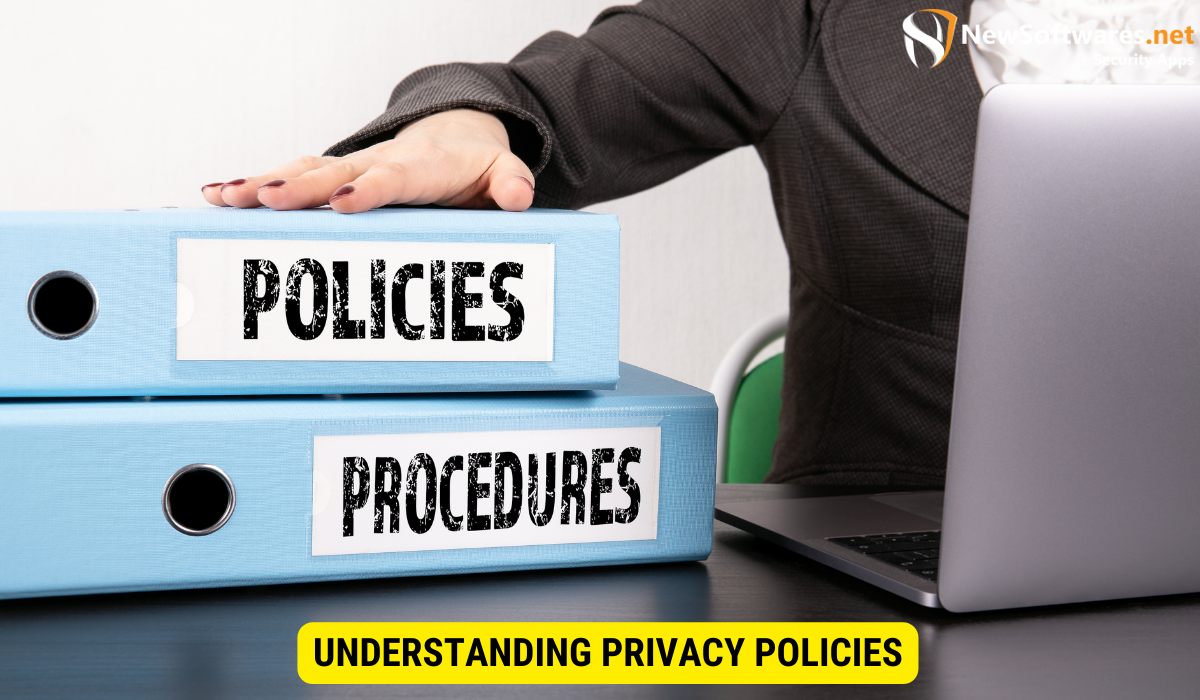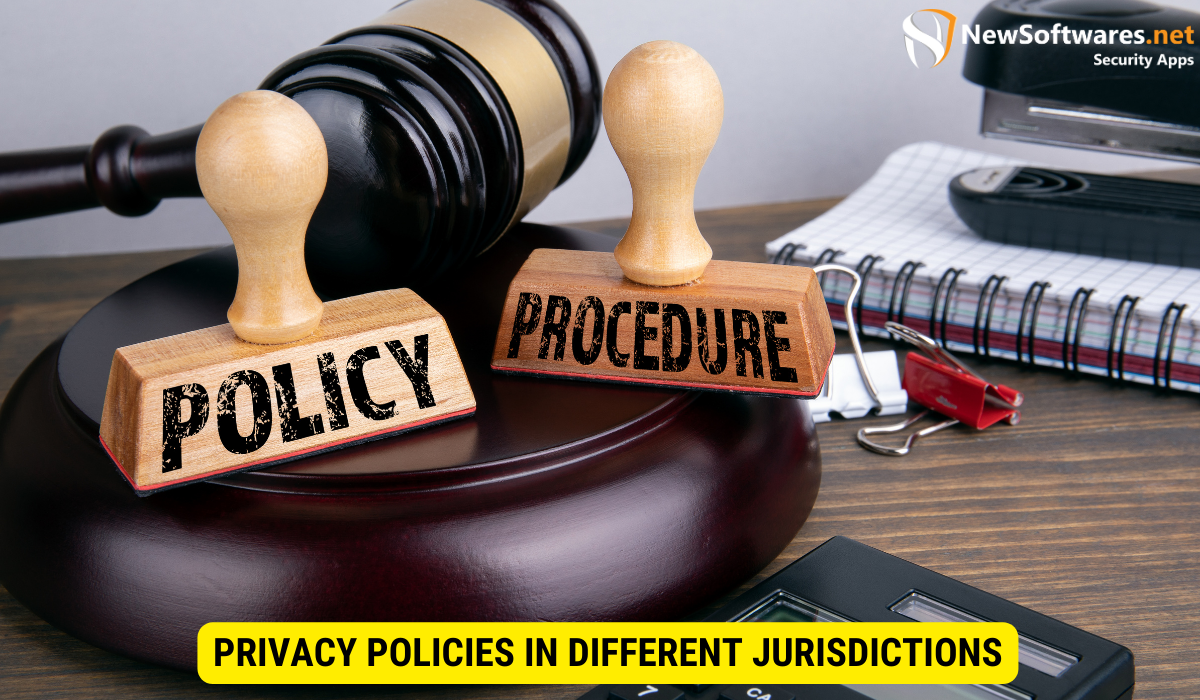Even if a business doesn’t store data, having a privacy policy is recommended for transparency, legal compliance, and building trust with users.
In the digital age, data privacy has become a paramount concern for both businesses and individuals. It’s no surprise that privacy policies are now a common sight on websites, outlining how personal information is collected, used, and protected. But what if you don’t store any data? Is a privacy policy still necessary? Together, we will explore the importance of privacy policies, the legal implications of not having one, and provide guidance on creating a privacy policy even if your business doesn’t store data.
Understanding Privacy Policies

Before we delve into the necessity of privacy policies for businesses that don’t store data, let’s first understand what they are and why they exist.
A privacy policy is a statement or legal document that informs users about how their personal information is collected, used, and managed by a website or organization. It serves as a guide for users to understand the privacy practices of a particular entity. Privacy policies are designed to protect the privacy and rights of individuals by ensuring transparency and accountability in the handling of their personal data.
Privacy policies typically cover a range of topics, including data collection methods, the types of information collected, storage and security practices, and how users can exercise their privacy rights. They are essential for establishing a clear framework for the responsible handling of personal data.
The Basics of Privacy Policies
A privacy policy is more than just a legal requirement; it is a fundamental aspect of building trust and credibility with users. By providing a detailed outline of how personal information is collected and used, privacy policies empower users to make informed decisions about sharing their data. They give users the assurance that their personal information won’t be misused or shared without their consent.
Moreover, privacy policies also serve as a means for organizations to comply with various privacy laws and regulations. In an increasingly digital world, where data breaches and privacy concerns are prevalent, privacy policies help businesses demonstrate their commitment to protecting user privacy and complying with legal obligations.
The Role of Privacy Policies in Businesses
Privacy policies play a crucial role in building trust and transparency with customers. They assure users that their personal information won’t be misused and provide clarity on how their data will be handled. Even for businesses that don’t store data, having a privacy policy can still instill confidence in customers that their privacy is a priority.
For businesses that do store data, privacy policies are even more critical. They outline the measures taken to secure user data, such as encryption, firewalls, and access controls. Privacy policies also explain how long data will be retained and whether it will be shared with third parties. By being transparent about these practices, businesses can establish trust with their customers and differentiate themselves from competitors.
Additionally, privacy policies can help businesses navigate the complex landscape of privacy laws and regulations. Different jurisdictions have varying requirements for the collection and processing of personal data. Privacy policies ensure that businesses are compliant with these laws and provide users with the necessary information to exercise their privacy rights.
In conclusion, privacy policies are essential for any business, regardless of whether they store data or not. They serve as a tool to build trust, demonstrate compliance with privacy laws, and empower users to make informed decisions about their personal information. By prioritizing privacy and being transparent about data practices, businesses can foster a strong relationship with their customers and establish themselves as trustworthy entities in the digital realm.
The Importance of Privacy Policies Regardless of Data Storage
While it may seem counterintuitive for businesses that don’t store data to have privacy policies, there are still several compelling reasons to consider implementing one.
Legal Implications of Not Having a Privacy Policy
Regardless of whether your business stores data or not, there may be legal obligations to inform users about your data collection practices. Various global privacy laws, such as the EU’s General Data Protection Regulation (GDPR) and the California Consumer Privacy Act (CCPA), require organizations to disclose how personal data is handled, even if it’s not stored.
Trust and Transparency with Customers
Even if your business doesn’t handle sensitive information, being transparent about your data practices can help build trust with your customers. By demonstrating your commitment to protecting their privacy, you create a positive relationship that can lead to increased customer loyalty and referrals.
Privacy Policies and Data Storage
Although privacy policies are commonly associated with data storage practices, they can also address other aspects of data handling, such as data collection and sharing practices.
How Data Storage Influences Privacy Policies?
If your business doesn’t store data, your privacy policy can focus on explaining how you collect and use the information you gather. Clearly outlining these practices can help users understand how their data will be handled, even if it’s not retained by your business.
Privacy Policies for Businesses Not Storing Data
For businesses that don’t store data, a privacy policy can be concise and straightforward. It can encompass details about the types of information collected, how it’s used, who it’s shared with (if applicable), and how long it’s retained, if at all. Keeping users informed about your data practices instills transparency and reassurance, even if the data isn’t kept by your business.
Creating a Privacy Policy for Your Business
Developing a privacy policy, regardless of whether your business stores data, is a prudent step towards respecting user privacy and complying with relevant legislation. Here are some key elements to include in your privacy policy:
Key Elements to Include in Your Privacy Policy
- Introduction: Clearly state the purpose of the privacy policy and provide an overview of the information covered.
- Information Collection: Detail the types of personal information collected and the methods used to gather it.
- Information Usage: Explain how the collected data will be used, such as for processing orders, improving services, or marketing purposes.
- Information Sharing: If applicable, clarify who the information may be shared with, like third-party service providers or affiliates.
- Data Retention: Describe how long the collected information will be retained and the factors determining its retention period.
- Data Security: Explain the safeguards in place to protect the collected data from unauthorized access, disclosure, or misuse.
- User Rights: Inform users of their rights regarding their personal information, such as the right to access, rectify, and delete data.
- Policy Updates: State how and when the privacy policy may be updated and how users will be informed of any changes.
Updating and Maintaining Your Privacy Policy
It’s vital to regularly review and update your privacy policy to ensure its accuracy and compliance with any new privacy laws. As your business evolves and new data handling practices come into play, make the necessary changes to reflect the current state of your business and inform users accordingly.
Privacy Policies in Different Jurisdictions

Privacy laws vary from one jurisdiction to another, and it’s essential to be aware of the regulations that may affect your business. Even if you don’t operate globally, you should consider how your privacy policy aligns with different jurisdictional requirements.
Understanding Global Privacy Laws
Global privacy laws, such as the GDPR and CCPA mentioned earlier, have extraterritorial reach, meaning they apply to businesses operating outside their respective jurisdictions if they process personal data of residents. Familiarize yourself with any relevant legislation and adapt your privacy policy to comply with the regulations that may impact your business.
Adapting Your Privacy Policy to Different Jurisdictions
If your business caters to customers in different jurisdictions, it may be necessary to tailor your privacy policy to meet specific legal requirements. This could involve having separate sections in your privacy policy that address the unique obligations of each jurisdiction or considering the use of geolocation tools to provide region-specific privacy information.
Key Takeaways
- Privacy policies are important for businesses, even if they don’t store data, as they foster trust and demonstrate transparency towards customers.
- Legal implications may still arise for businesses that don’t store data if they fail to provide clear information about their data collection practices.
- When creating a privacy policy, focus on explaining how you collect and use the data, and consider including key elements such as data retention and security measures.
- Stay updated on privacy laws and adapt your privacy policy to meet jurisdiction-specific requirements if you cater to customers internationally.
FAQs
Is a Privacy Policy Necessary if No Data is Stored?
Yes, a privacy policy is still advisable to clarify your data practices and comply with certain legal requirements.
What Should a Privacy Policy Include for a Business That Doesn’t Store Data?
It should outline data collection methods, usage, any data sharing, user rights, and compliance with applicable laws.
Can the Lack of a Privacy Policy Lead to Legal Issues?
Yes, failing to disclose your data practices, even if you don’t store data, can lead to legal issues, especially under laws like GDPR and CCPA.
Do Global Privacy Laws Apply to Businesses Not Storing Data?
Yes, laws like GDPR and CCPA apply if you interact with users from those jurisdictions, regardless of data storage.
How Often Should a Non-Data-Storing Business Update Its Privacy Policy?
Regularly, especially when changes to business practices or relevant laws occur.
Conclusion
Regardless of data storage practices, having a privacy policy is a wise choice for any business. It enhances transparency, ensures legal compliance, and builds trust with users. Regular updates and alignment with global privacy laws are key to an effective privacy policy.
